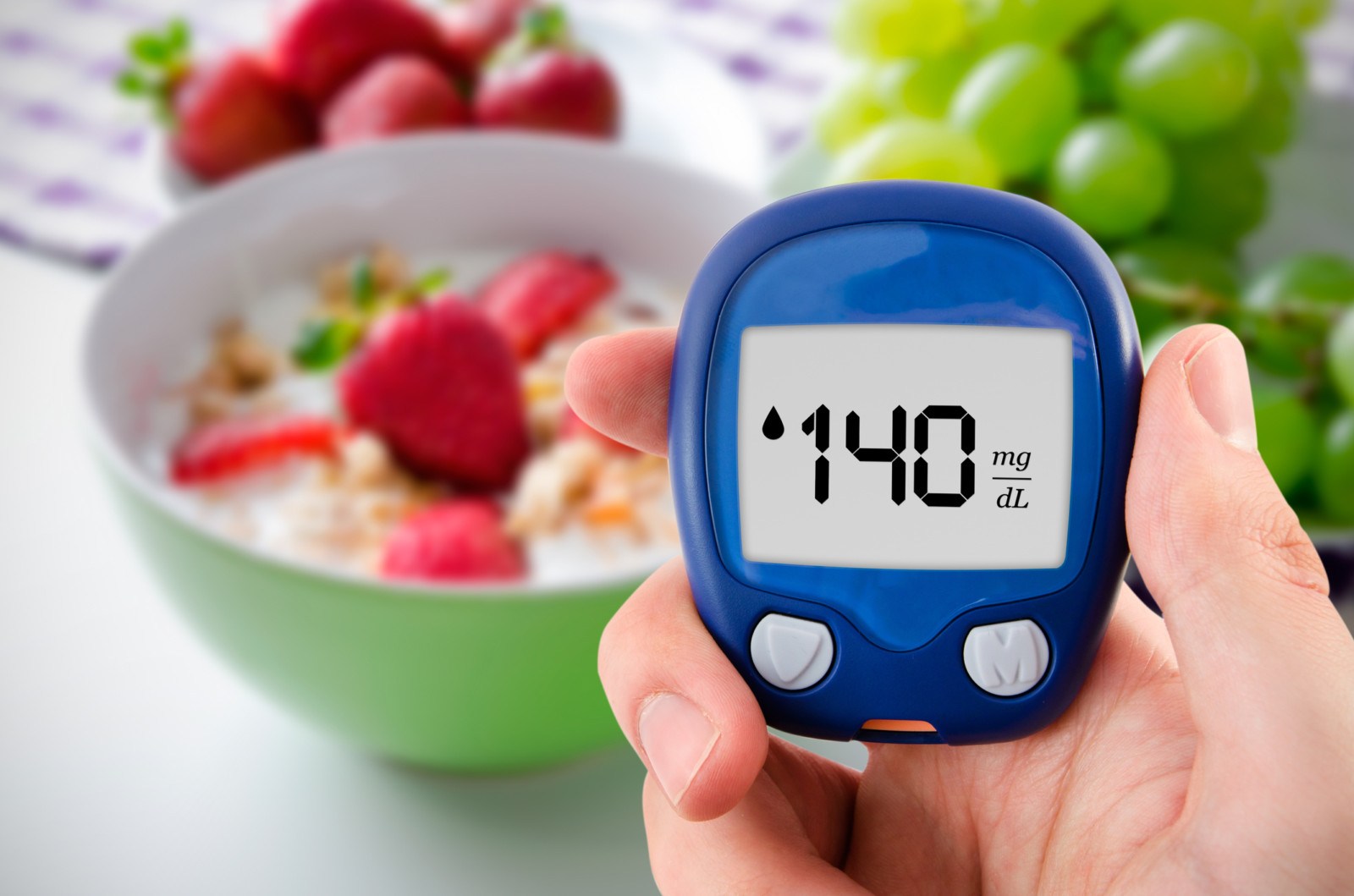Low blood sugar also known as Hypoglycemia is occurs when the level of glucose goes below the required level. The condition is not common in children over the age of ten years and adults unless they are on diabetes treatment; Hypoglycemia is sometimes a diabetes treatment side effect.
Medications
People who take medication like quinine sulphate, salicylates and MAOIs (Monoamine Oxidase Inhibitors) are at a higher risk of developing the low blood sugar condition as well. Other medications that can bring about the low blood sugar condition are like Bactrim, pentamindine and beta-blockers as well. It is also advisable for people to watch against overmedicating themselves with antidiabetic pills or insulin as they could develop Hypoglycemia. Taking one’s medication correctly, but engaging in too much exercise can cause the patient to develop low blood sugar as well.
Alcohol
Alcohol is also known to cause Hypoglycemia. This condition may also result from diseases, which mainly affect body organs like the kidneys, liver and pancreas among others. The liver is a storage area for glucose (glycogen) and if the liver is not working properly additional glucose will not be generated. This condition could also be caused by metabolic related issues. These could be inherited. It is also important not to quickly empty the stomach after meals as it could lead to the Hypoglycemia. This could however occur if one has had surgery. People that do not take regular meals also put themselves in danger of developing hypoglycemia as missed meals cause the condition. Reactive hypoglycemia results from the delayed release of insulin just after a meal has been taken into the system. The condition occurs about four to six hours after a person has eaten.
Cancer
Cancer, which is a chronic disease that often causes poor food intake, can also cause hypoglycemia in a person. Cancer patients should be encouraged to take special diets or take medication that increases appetite. An additional known cause for the condition is a severe infection. Tumors are also known to cause hypoglycemia and among the common tumors related to these are Insulinoma, which produces insulin, mesathelimia, fibrosarcoma and hepatoma. The Insulinoma tumors cause the condition by producing more insulin that what is actually needed by the body. Adrenal glands, which are usually found above the kidneys, can be affected by the Adrenal Sufficiency Disease. If the adrenal glands are unable to produce epinephrine and cortisol, which are instrumental in the elevation of glucose, hypoglycemia may occur.






